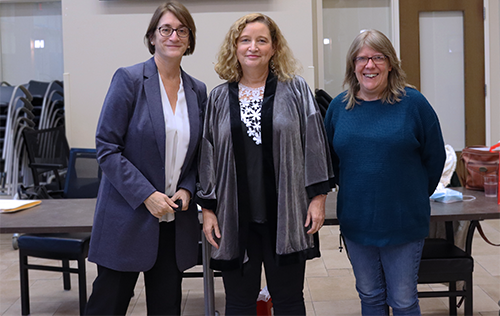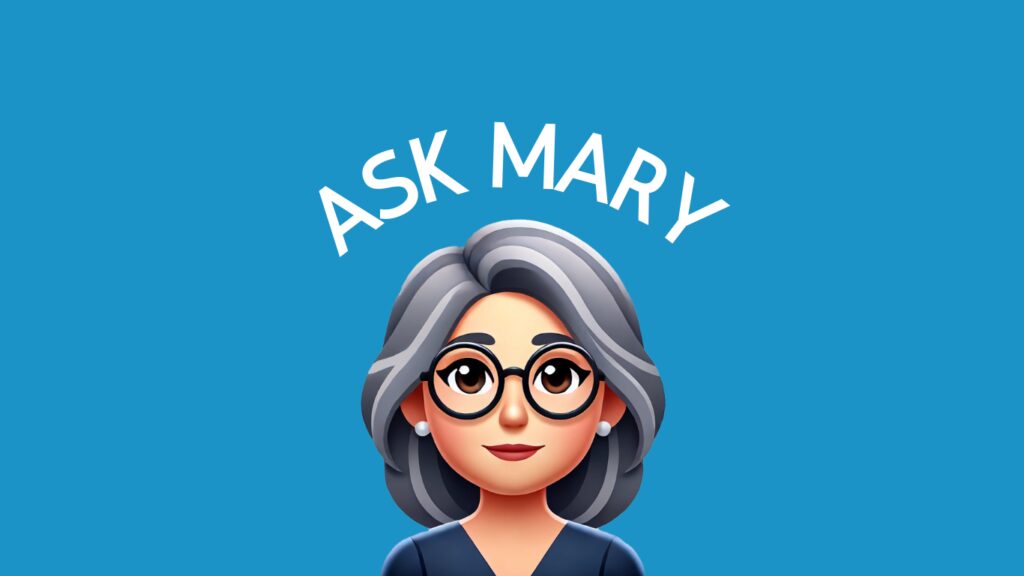Caring for someone living with Alzheimer’s disease or another form of dementia is difficult work. According to statistics from the Family Caregiver Alliance, there are almost 16 million dementia caregivers in America. While every caregiving journey is different, each person providing care faces a unique set of challenges when memory impairment is involved.
According to AARP and the National Alliance for Caregiving’s 2020 Report, 36% of caregivers describe themselves as either “very stressed” or “at their breaking point.” Those lofty statistics illustrate the issue of caregiver stress and how important it can be to handle the challenges of caregiving in a positive way.
During the Be an Empowered Dementia Caregiver event at Brickstone by St. John’s on November 3, 2021, panel experts described ways that caregivers can reduce the stress they experience—either by proactively planning ahead or by handling stressful situations in new ways as they happen.
Plan Ahead
Some aspects of the caregiver experience are beyond our control, forcing us to react to the situation and problem-solve the best we can in the moment. However, there are ways to make these times of turmoil or transition easier. Ensuring ahead of time that certain health care decisions for both you and your loved one are in order can provide peace of mind when difficult circumstances arise.
Health law attorney Anna Lynch—managing partner at Underberg & Kessler LLP—stresses communicating and documenting health care wishes ahead of time. “Health care planning begins with talking to your loved ones, friends, and medical providers,” says Lynch. From there, putting those established desires in writing by working with a professional to complete legally-binding advance directives like health care proxy and living will documents for your loved one will take some of the guesswork out of potentially stressful situations.
By planning ahead and safeguarding your loved one’s wishes in advance, you can prevent questions of whether or not they have the capacity to make their own decisions during times of an emergency. Lynch also advises caregivers to ask questions about the type of care community—such as assisted living or a nursing home—your loved one would wish to live at in the event you are unable to care for them at home. Knowing their preferences and even touring communities in advance can help you avoid making hasty decisions during times of crisis.
Lynch also suggests taking the time to prepare for important appointments. “Write down questions before medical appointments to give to the physician to discuss,” she says. “Knowledge is empowering!”
Care for Yourself
As you take the time to assist with documenting your loved one’s wishes, it may be the perfect time to make sure you are meeting your own needs. Perhaps while you help the person you are caring for organize their health care wishes, you do the same for yourself by completing or updating your advance directives. By doing this, you can put in the work to take care of yourself while also fulfilling essential caregiving duties. Try thinking of other opportunities for self-care as you provide care to someone else.
The “plan ahead” process can also help you build a support system of professionals, family members, and friends—a necessary step to give you the confidence of knowing you are not navigating this caregiver journey on your own.
Remember: caring for yourself has direct, positive effects on your performance as a caregiver. When you are feeling less stress and frustration, you will be at your best. Whenever you feel guilty about taking time to tend to your own needs while in the throes of caregiving, be assured that caring for yourself is a critical part of being a successful dementia caregiver.
Find Ways to Relax
Compassion fatigue is a real thing says Wendy Fambro, wellness specialist at Lifespan of Greater Rochester’s Caregiver Institute. “Hopelessness, anxiety, irritability, indecisiveness—these are all side effects from having too much stress in your life,” she says.
At times, the person you are caring for will no doubt feel stressed or anxious. If your loved one is feeling anxious, you need to be able to help them relax. “It’s one of the kindest things you can do for a person,” says Fambro, regarding being a relaxing presence in your loved one’s life.
Fambro suggests finding techniques to first relax your body; because she says “your body tells your brain how to feel.” She calls the process “figuring it in” and teaches caregivers across the region these kind of relaxation techniques through Tai Chi and other programs offered within Lifespan’s Caregiver Institute.
Rediscover Joy
St. John’s Dementia/Quality of Life Specialist Mary DeVinney knows that joy is a powerful tool that can be harnessed to keep people living with dementia engaged and comfortable. She has spent over two decades supporting long-term care residents with Alzheimer’s disease and other forms of dementia and even co-founded Beyond Memory, a dementia care program with a focus on fostering moments of joy.
“Joy is different than happiness,” says DeVinney. “Joy isn’t dependent upon remembering what happened to make you feel that way. But you can string joyful moments throughout a day and the feeling will remain beyond the moment.” Beyond Memory goes deep into resident histories to determine hobbies, traditions, and other themes that can bring those moments of joy to the surface—sometimes when they are needed the most.
What can you do as a caregiver to help spark moments of joy? The St. John’s Joy Plan—a free resource available online—provides a template for caregivers to use when planning care and engagement activities. By completing a Joy Plan for your loved one, you can create a roadmap towards creating moments of joy that can also be used to inform other family members, respite providers, and other care partners about positive points of emphasis.








